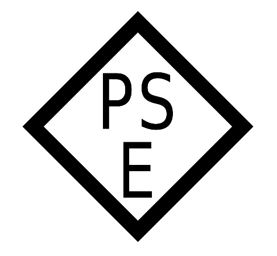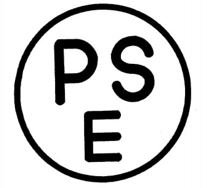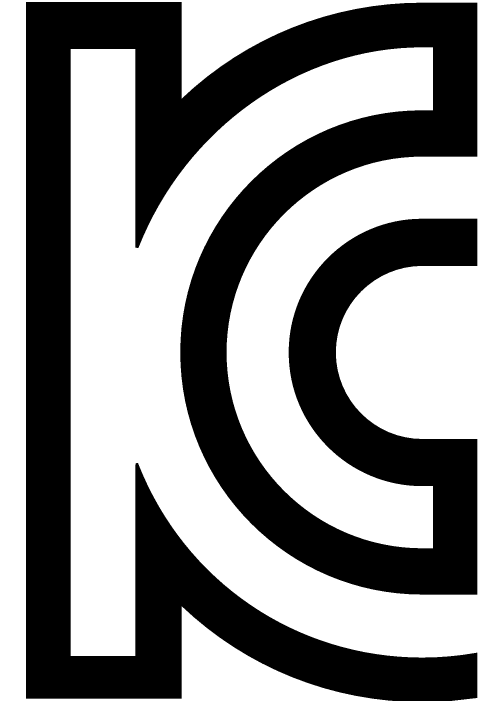Safety Standards
The research and development of lithium battery technology is an important issue in today's global energy field.
International Battery Testing and Certifications
IEC62133
-
IEC 62133 is an international safety standard for rechargeable batteries containing alkaline or non-acid electrolytes. It specifies requirements and tests to ensure their safe operation.
IEC 62133-2:2017 specifically focuses on portable sealed lithium batteries with non-acid electrolytes, ensuring their safe use and handling under normal and foreseeable misuse conditions.

-
Test Items (for lithium-ion cells and batteries)
Continuous charging at constant voltage(cells)
Case stress at high ambient temperature(battery)
External short-circuit(cells)
External short-circuit(battery)
Free fall
Thermal abuse(cells)
Crush(cells)
Over-charging of battery
Forced discharge(cells)
Vibration
Mechanical Shock
Design evaluation - Forced internal short-circuit(cells)
Battery Directive (EU/EEA)
-
-
Applicable Countries or Region
European Union (EU) member states and European Economic Area (EEA) countries
Note: - Battery Directive is set to be repealed in 2025 by the new Batteries Regulation.
- New Batteries Regulation entered into force on 17 August 2023.
-
Scope Of Batteries
Lithium-ion batteries
Lithium metal batteries
Alkaline batteries
Nickel-cadmium batteries
Button cell batteries
Nickel-metal hydride batteries
Sealed lead-acid batteries
-
Battery Testing Flowchart

PSE (Japan)
-
PSE (Product Safety Electrical Appliance & Material) is a mandatory certification in Japan for electrical appliances and materials.
-
Applicable Country
Japan
-
PSE Mark
PSE Diamond Mark: The PSE Diamond Mark is the mandatory marking for Category A Products which are also referred to as Specified Products Manufacturers of these products are required to go through a Conformity Assessment to gain a Statement of Conformity which is an essential part of the whole PSE registration process. During this process the manufacturer must conduct product testing and a factory audit through a METI designated CAB (Conformity Assessment Body).


PSE Circle Mark: The PSE Circle Mark is the mandatory marking for Category B products, also called Non-specified Products. The manufacturer tests the product according to the applicable standards of DENAN and then use a Self-Declaration process to declare product conformity.
-
Test Items
- Vibration External short circuit
Mechanical shock(crash hazard)
Low pressure
Temperature cycling
Thermal abuse
Forced internal short circuit of cells
Crushing of cells
Forced discharge
Overcharge
Free fall
Cell protection against a high charging rate
Free fall of appliance
Battery enclosure test at high ambient temperature
Function of the overvoltage protection of batteries
KC Certification (South Korea)
-
KC Certification, also known as KC Safety Certification, is a mandatory requirement for products sold in South Korea. It ensures the safety and quality of products through testing according to Korean standards. Products that pass receive the KC mark, indicating compliance with Korean standards. The KC Safety certification system categorizes products into three main groups: electronic products, household products, and items for children.
-

Once the KC Mark registration is successfully completed, the KC logo must be affixed to the product.
-
Application Procedure

-
Test Items
- High Temperature Storage
Temperature Cycling Test
External Short Circuit Test
Crushing of Cells
Cell Protection Against a High Charging Rate
Overheating test (Thermal Abuse Test)
UN38.3
-
Battery chemistries that are lithium-based must undergo UN38.3 testing requirements before being transported. This testing certifies that the batteries are safe and will not pose a safety risk during shipping over air, water, rail, or road transportation methods.
-
There are 8 tests required for UN38.3 certification:
Tests T1-T5, conducted on the same samples for all battery types in sequence: Test T1: Altitude Simulation – Simulates low pressure (primary and secondary cells and batteries)
Test T2: Thermal Test – This test offers an integrity check during rapid and extreme temperature changes (primary and secondary cells and batteries)
Test T3: Vibration – Simulates vibration during transportation (primary and secondary cells and batteries)
Test T4: Shock – Simulates vibration during transportation (primary and secondary cells and batteries)
Test T5: Short Circuit – Simulates an external short circuit (primary and secondary cells and batteries)
Test T6: Impact – Simulates impact and crush to the case of the cell (primary and secondary cells)
Test T7: Overcharge – Simulates overcharge on a rechargeable battery (secondary batteries)
Test T8: Forced Discharge – Simulates forced discharge of cells (primary and secondary cells)
UL1642(USA)
-
UL 1642 covers secondary (rechargeable) lithium-ion cells and primary (nonrechargeable) cells and batteries. Lithium primary cells have metallic lithium or lithium alloy anodes. Lithium-ion cells do not contain metallic lithium and typically have lithiated graphite at the negative electrode and a lithium metal oxide or phosphate at the positive electrode. Batteries may consist of a single cell or two or more cells connected in series or parallel — both with and without protection and control circuitry. UL 1642 includes the following tests: short circuit, abnormal charging, forced discharge, vibration, shock, crush, cell impact, temperature cycling, heating, altitude simulation and projectile/fire exposure.
Reference
Intertek, "IEC 62133: Safety Testing for Lithium Ion Batteries", https://www.intertek.com/batteries/iec-62133/.
MPR, "What is PSE", https://www.certification-japan.com/en/pse-psc/pse-certification/.
European Commission. "Batteries" https://environment.ec.europa.eu/topics/waste-and-recycling/batteries_en.
MPR, "What is KC Certification for South Korea?", https://www.korea-certification.com/en/kc/what-is-kc-certification/
International Electrotechnical Commission, "IEC 62133-2:2017", https://webstore.iec.ch/publication/32662
NEW SCIENCE SUSTAINABLE ENERGY,https://code-authorities.ul.com/wp-content/uploads/sites/40/2015/02/New_Science_SE_Journal_Issue_2.pdf
UN 38.3 Testing for Lithium Batteries,https://www.intertek.com/batteries/un-38-3-testing/
